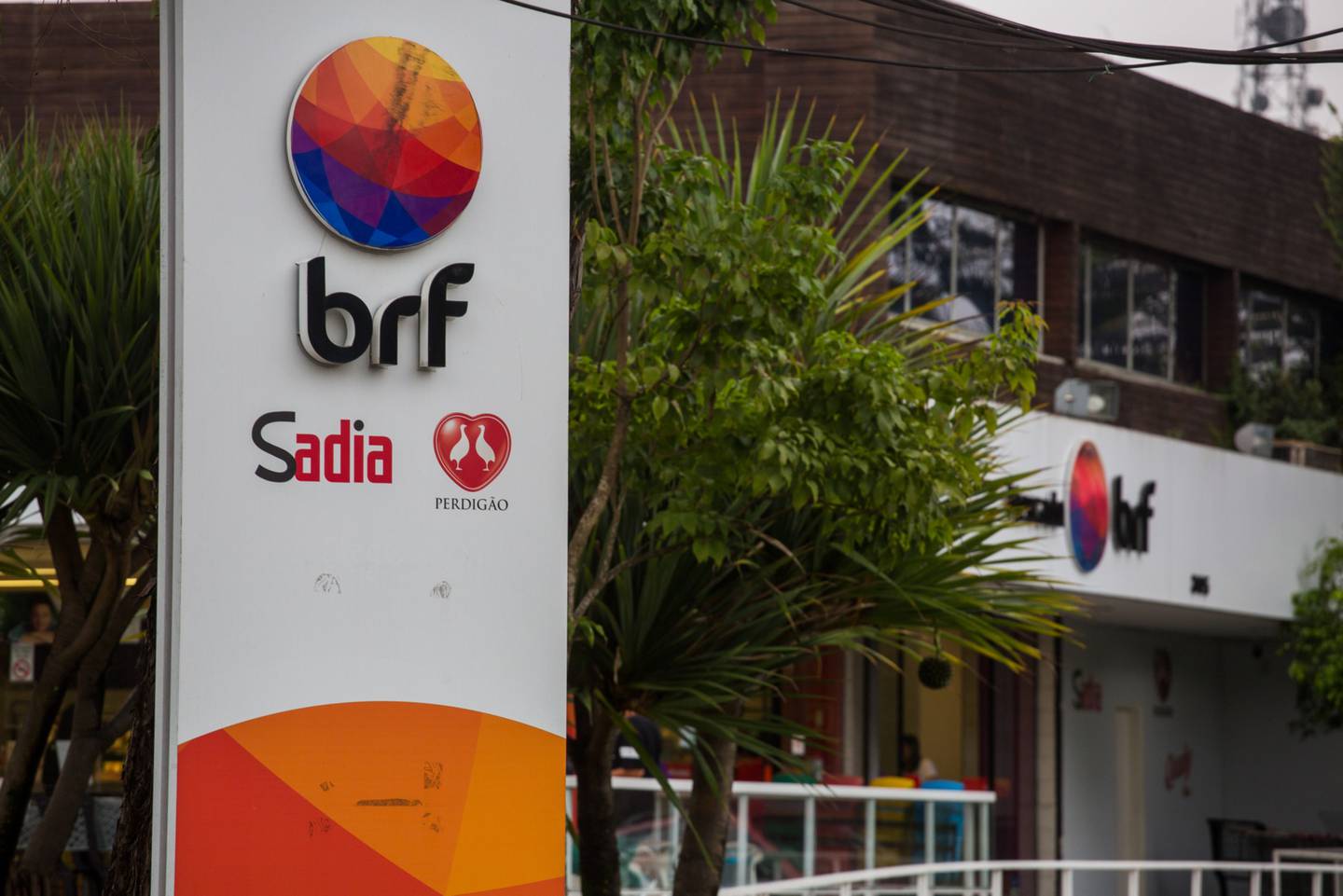BRF (BRFS3), a meat giant and owner of the Brazilian brands Perdigão and Sadia, believes that the next quarter should be marked by the marketing campaigns that will be carried out during the World Cup and also by the high number of meat exports.
In a call this Thursday (10), the company said that the Men’s Soccer World Cup, which begins on November 20, should benefit the company in the next quarter due to the “activations and sponsorships” that will take place, in addition to giving to BRF the opportunity to expand its business.
“We have a great opportunity to continue advancing our value-added portfolio due to the fact that the World Cup will be held in the Middle East. The intensification of tourism and the expansion of the local economy will contribute to maintaining profitability at high levels in the segment,” the company said.

“We need to have a company that capitalizes on all this quality information, this wealth of geographic diversity, that has this competitive advantage and can turn it into results.”
In the third quarter, BRF’s halal (processed according to Islamic laws) market Ebitda margin rose 0.4 percentage point from the same quarter of the previous year, reaching 12%, with an increase of 16.1% in the sales volume and a 7.7% higher average price in dollars, which offset the increase in costs.
BRF highlights that, compared to the previous quarter, there was an increase in volume of 3.1%, “which contributed to further consolidate its leadership in the region, especially in the category of processed foods, in which a growth of 8.4% in the quarter.”
But there were challenges. Profitability in the region fell, justified by the reduction in prices in dollars, the impact of the variation in the exchange rate on local inventory costs and also by the deterioration of the results in Turkey, in the face of a difficult macroeconomic scenario in the region.
In the third quarter of this year, Turkey registered an accumulated inflation of 83.4%, which, according to BRF, “put pressure on disposable income and the purchasing power of consumers, making it difficult to pass costs of the same proportion.”
“So we are increasing the volume of exports to restrict local supply, stimulating the reaction in the domestic market,” he said.
The company also states that it is “reinforcing market leadership with a gain in consolidated shares, with emphasis on the category of processed products that reached 30% market share in the region.”
According to the company, other situations, such as “the health problem of avian flu in the United States and Europe, ” may positively influence prices in the next quarter, with pork and chicken exports on the rise in markets such as Japan, Korea, Singapore, and China.
“We are prepared to take advantage of the opportunities, both in the price variables and in the volumes,” he said.
BRF also posted a loss of R$136.8 million (US$25.3 million) in the third quarter, which is down from R$271 million (US$50.1 million) in the same period of 2021.
For the company, “the improvement of R$134 million (US$ 24.8 million) is mainly explained by the reduction in financial expenses of R$303 million (US$ 56.1 million) and the net positive impact of Turkiye’s hyperinflation of RS$17 million (US$ 3.1 million), which offset the lower corporate EBIT by R$167 million (US$ 30.9 million) year-on-year.”
In addition, BRF posted an EBITDA of R$1.32 billion (US$244.3 million), and net income increased by 3.4% year-on-year to R$14.1 billion (US$2.618 billion).
With information from Bloomberg Línea

